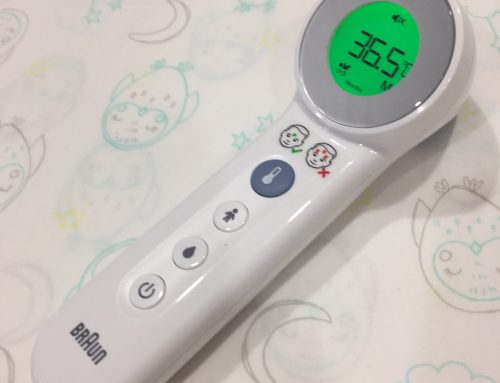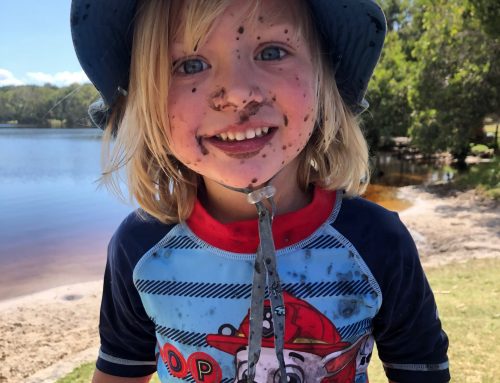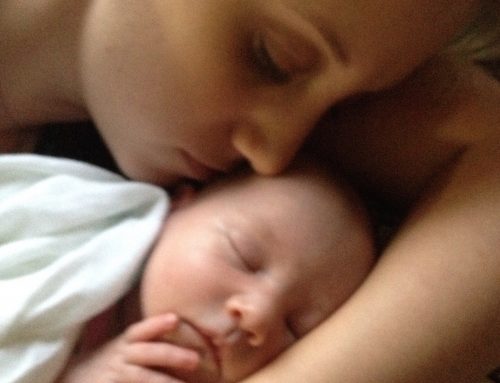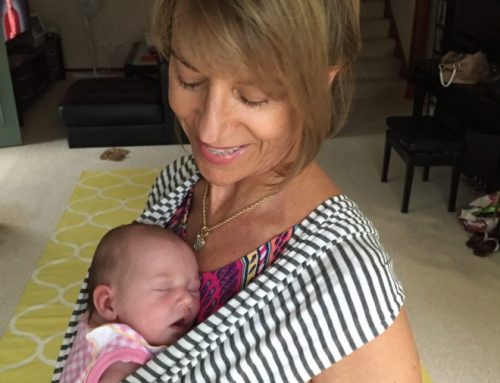Recently I was talking to a friend of mine who works as a pre-school teacher. She asserted that she could tell an ‘attachment parented’ child from across the room.
“They are generally so much more calm and empathic! They will tend to go over and comfort a sad child. They think about what others are feeling’.
There is a lot of scientific evidence for this accumulated over many years.
One of the critical factors of being born human is being born very immature. For good or bad, this gives the parents and carers the opportunity to mould the baby’s brain as it goes through an incredible growth spurt after escaping from the womb. The baby’s brain doubles in size in the first year after birth and we now know that the new brain tissue’s function is deeply influenced by its social environment.
In the first couple of years most of the connections made in the baby’s brain are to the right cerebral hemisphere. This side is the ‘emotional’ brain, that of feelings, intuition, and emotion. It is that part of your brain that you use to interpret body language and non-verbal communication as you get older. In the third year the more logical left side starts to predominate, the side of logic, language, and executive functions.
To develop this area it is clear that all babies need a predictable, consistent, loving and emotionally available carer (usually the mother) with whom the baby can form a secure bond.
Using her facial expressions, tone of voice and her touch and bodily gestures the mother opens up channels of communications between her, and her baby’s, right cerebral hemisphere. The experience gained from this connection helps the baby regulate his or her emotional state. So if the baby is fearful, angry or sad, she calms, sooths and cheers them; or if excited and joyful, she can join in and reinforce these positive feelings.
It is by this merging of minds that mothers entrain their babies to interpret and control their feelings. These interactions literally sculpt the baby’s brain in its burgeoning development.
As they get a little older, by watching their mother’s responses and imitating and mirroring them, they start to appreciate feelings in others.
These influences help our babies develop empathy towards others, and that is what makes us truly human.










Leave A Comment
You must be logged in to post a comment.